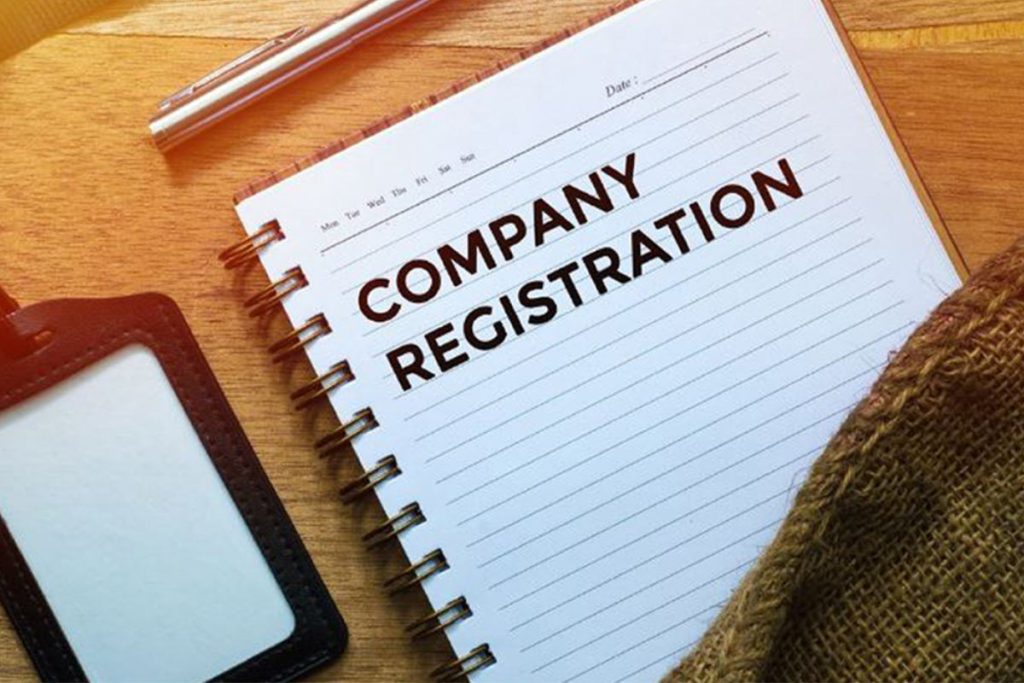Menu
+968 9596 3381
Phone Number
[email protected]
Email Address
Mon - Thu: 8:00 - 5:00
Online store always open
Phone Number
Email Address
Online store always open
Welcome to our definitive guide on Company Formation in Oman, if you’re considering establishing your business in Oman, you’ve come to the right place. This comprehensive resource covers everything from the essential legal prerequisites to the step-by-step process of registering a company in Oman. Discover the advantages and unique opportunities Oman offers for entrepreneurs and investors, ensuring you’re well-equipped to navigate the complexities of starting a business in this dynamic Gulf country.
Understanding the legal landscape is crucial when venturing into Oman’s business environment. From choosing the right business structure to navigating regulatory requirements for company formation in Oman, our guide provides detailed insights into every aspect of company formation in Oman. Whether you’re a local entrepreneur or a foreign investor exploring Oman’s lucrative market, we outline the procedures and documentation needed to establish your presence seamlessly. Our goal is to empower you with the knowledge needed to make informed decisions and streamline your company setup process effectively.
Beyond legal formalities, Oman presents a wealth of strategic advantages for businesses. As a gateway to the Gulf Cooperation Council (GCC) market, Oman offers political stability, a robust infrastructure, and competitive tax incentives. Explore how our expert advice can help you leverage these benefits and position your company for success in Oman’s thriving economy. Whether you’re launching a startup or expanding your operations, trust our comprehensive insights to guide you towards achieving your business goals effortlessly.
Looking to launch your business in Oman? This guide provides a clear roadmap for company formation in Oman. Here’s what you need to do:
1. Choose Your Business Structure:
Note: No minimum capital required, but OMR 5,000 is recommended. No paid-up capital needed.
2. Secure a Unique Business Name:
3. Draft and Sign the Memorandum of Association (MOA):
4. Obtain Essential Licenses and Certificates:
5. Acquire Additional Licenses (if needed):
Typically, forming a company in Oman takes 3-7 days if everything is prepared beforehand. Here’s a breakdown of the key steps and their estimated times:
Want to expedite the process? Ensure you have all required documents ready and consider our professional guidance for a smoother experience.
Thinking about forming a company in Oman? Here’s a breakdown of the costs involved, considering your office needs:
Basic Formation (OMR 500): Covers legal and registration fees to get your company started. Ideal for budget-conscious businesses with no immediate need for a physical office.
Virtual Office (OMR 1,700): Includes basic formation costs plus a professional business address for a credible image. Perfect for remote-first businesses or those on a tighter budget.
Work Desk (OMR 2,350): Offers virtual office benefits with the addition of a dedicated workspace in a shared area. Ideal for occasional client meetings or collaboration with colleagues.
Private Cabin (OMR 3,500): The most comprehensive package, providing a secure and dedicated office space. Best for businesses requiring a distinct brand identity and confidential meeting areas.
Here is the Detailed Breakdown of cost of company formation in Oman:
Here’s a detailed breakdown of cost of company formation in Oman to guide your budgeting:
Basic Formation (OMR 500): This budget-friendly option gets you started with the essentials. It covers mandatory legal fees and government registration charges required to establish your company in Oman. However, it excludes a physical office address.
Virtual Office Setup (OMR 1,700): Ideal for remote-first businesses or those on a tighter budget. This package incorporates all basic formation costs while providing a professional business address for receiving mail and conducting official correspondence. You’ll project a credible image without the overhead of a physical office space.
Work Desk Setup (OMR 2,350): This option is perfect for companies seeking a more established presence. It includes everything in the virtual office setup, plus access to a dedicated workspace within a co-working environment. This allows you to occasionally meet clients or collaborate with colleagues in a professional setting, fostering a sense of community and productivity.
Private Cabin Setup (OMR 3,500): This premium package caters to businesses requiring a dedicated and secure work environment. It encompasses all the benefits of the basic formation and virtual office setup, along with a private cabin office. This provides a space for confidential meetings, storing important documents, and building a distinct brand identity.
Key Cost Considerations:
Physical Office Space: The primary factor influencing cost of company formation in Oman is your need for a physical office. Opting for a virtual office or work desk setup significantly reduces expenses compared to a private cabin.


Oman might be the perfect springboard for business setup. Nestled at the crossroads of Asia, Africa, and Europe, it’s a prime business hub waiting to happen. Here’s why setting up a business in Oman could be a game-changer:
The cost of company formation in Oman can vary depending on several factors, including the type of company you choose, the complexity of the business structure, and any additional services required. However, a general estimate can range from OMR 1,000 (USD 2,600) to OMR 5,000 (USD 13,000). This typically includes registration fees, government approvals, and basic legal services.
The company formation process in Oman can be completed relatively quickly compared to other countries in the region. Under ideal circumstances, with all documentation prepared, it can take as little as 10-15 days for a Limited Liability Company (LLC). However, this timeframe can vary depending on the complexity of your business structure and any potential delays in approvals.
There is no fixed minimum capital requirement for all company types in Oman. However, it's recommended to have a minimum capital of OMR 1,000 (USD 2,600) for most businesses. Specific requirements may vary depending on the chosen legal structure and any licensing needs.
Yes, Oman offers significant advantages for foreign investors. Unlike some Gulf countries, Oman allows for 100% foreign ownership in many business activities, particularly for Limited Liability Companies (LLCs). This provides foreign entrepreneurs with greater control over their businesses.
The specific documents required for company formation in Oman can vary depending on the chosen legal structure and business activities. However, some general documents include:
Completed application forms
Passport copies and visas of shareholders and directors
Feasibility study (depending on the business activity)
Memorandum of Association (MOA) and Articles of Association (AOA)
Bank statement reflecting initial capital deposit
Oman offers various legal structures for companies, each with its own advantages and requirements. Some common types include:
Limited Liability Company (LLC): The most popular choice for foreign investors, offering flexibility and 100% foreign ownership in many cases.
Closed Joint Stock Company: Ownership restricted to a limited number of shareholders.
Public Joint Stock Company: Can raise capital by selling shares to the public.
No, a local sponsor is not mandatory for most business activities in Oman, particularly for Limited Liability Companies (LLCs). This simplifies the process for foreign investors.
Oman offers a competitive corporate tax rate of 15%. Additionally, there are tax exemptions available for companies operating in specific free zones and those involved in certain industries.
Do not hesitate to contact us. We’re a team of experts ready to talk to you.
We offer best professional company formation services in a very reasonable price. Checkout our packages below.
We prioritize efficiency and transparency throughout the process. Don’t just take our word for it, see what our happy clients say about their company formation in Oman journey with Setup in Oman.